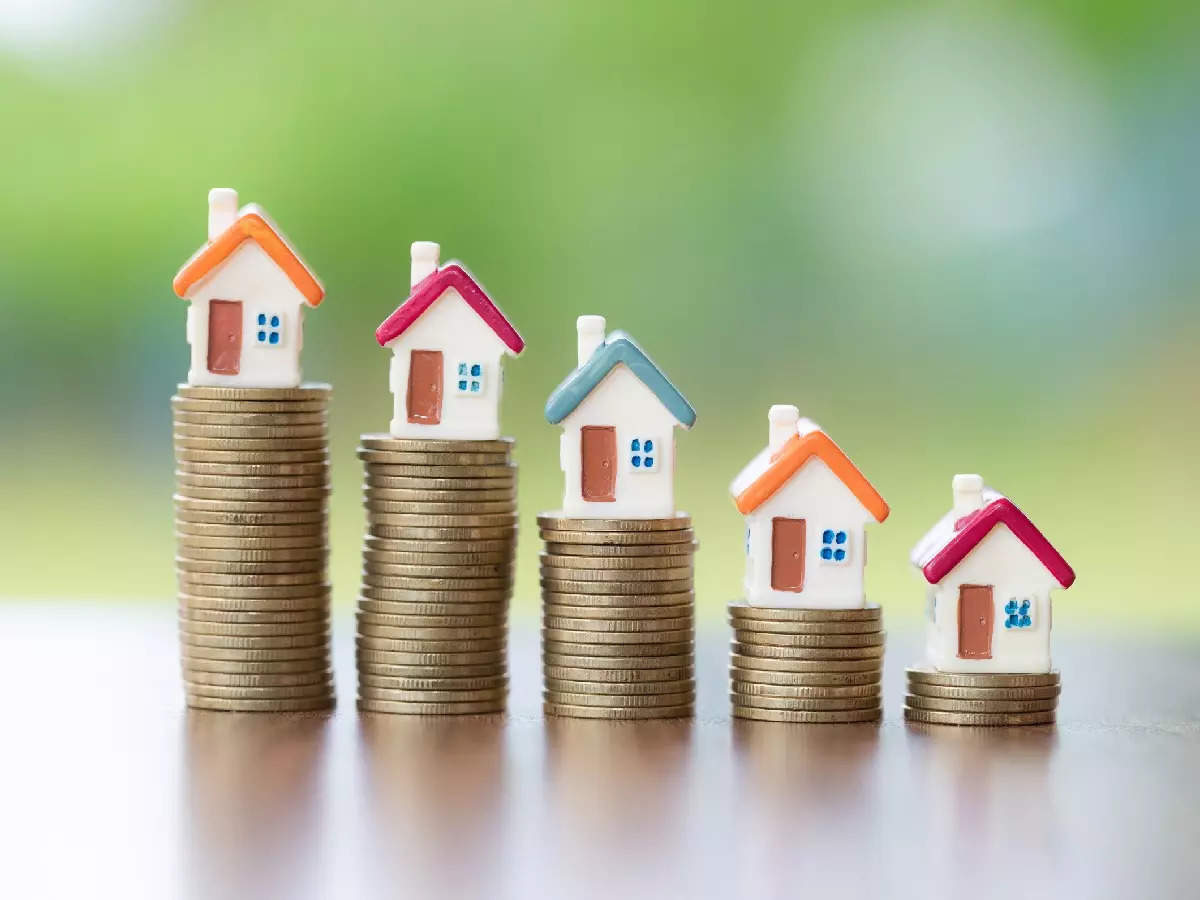Benefits of Repaying Higher Home Loan EMIs

A high home loan interest rate is one of the significant benefits of buying a home. It’s mainly an issue in today’s economy. Many people need to pay off a higher interest rate debt shortly, and this can be done through various channels such as paying back a down payment, selling a home, or accruing interest. However, it can be so hard to pay off high-interest-rate debt. According to studies of home loan EMIs, it is essential to know what the benefits are of repayments under a given interest rate. After understanding the benefits, there are ways to overcome the interest rates and make payments. Many people have already paid off their loans, and some do not hope for a better future.
Table of Contents
1. Interest Savings
When a person has a high-interest-rate debt, it is essential to understand interest savings that will cost them more than they can spend. This is because of the interest that they are paying on their debt. In many cases, people who have a high-interest-rate obligation do not save any money at all every month. Spending more than they earn can lead to a negative cash flow in the future. This can be extremely difficult for those who are not self-employed and do not choose to work for themselves to earn money to pay off their debts. This is the obvious reason to pay higher EMI also reduces your loan tenure.
2. Freedom From Loan
Another benefit of paying off a high-interest-rate debt is that it will allow the person to work more hours and earn more money. Freedom from the loan when someone has a high-interest rate on their debt, they will have to work for more hours and make more money to pay for their debt. This can be extremely difficult for many people who are not self-employed, as they may not have the freedom of working for themselves. In addition, many people do not want to work so hard to pay off their debts. When someone has a high-interest rate on their loan, they may have to pay off credit cards as well. This is because many lenders require that you pay off your credit cards before making payments on your loans. This is not always the case, but it is essential to understand why people take out high-interest-rate loans. If a person does not want to pay off credit cards, they need to know that they can work more hours and earn more money to pay off their debt.
3. Improved Credit Score

If a person has a high-interest-rate debt, they will not have a good credit score. This is because they are making payments on this loan that are not progressing in their debt repayment. Improved credit score they are paying for something that is not getting them closer to getting out of debt. If a person has a high-interest-rate obligation, they will need to pay off this loan as soon as possible. You can also use the best interest rates and make the highest possible payments each month. Your application for future loans will also get stronger. Having a healthy credit score will play a critical role in evaluating your financial soundness. It is important to remember that different types of loan have different requirements and you need to check that beforehand. For instance, if you have find VA homes for sale, check before you apply for a loan.
4. Tax Benefits
Many local and federal governments will deduct money from a person’s taxes if they have a high-interest-rate debt. This is because these people are spending more than they are earning. This can be very difficult for those who have to pay back their obligations and make payments each month. If they do not have to worry about making any payments, they can save money in the future on their taxes.
A high-interest-rate debt can be a complicated thing to deal with. Many people do not understand this, and they continue to make payments on their loans that are not making them any closer to getting out of debt. A person should always make payments on their obligations as soon as possible. If they use the best interest rates and earn the highest possible payments each month, they will be able to pay these loans off without worrying about making any payments at all.
